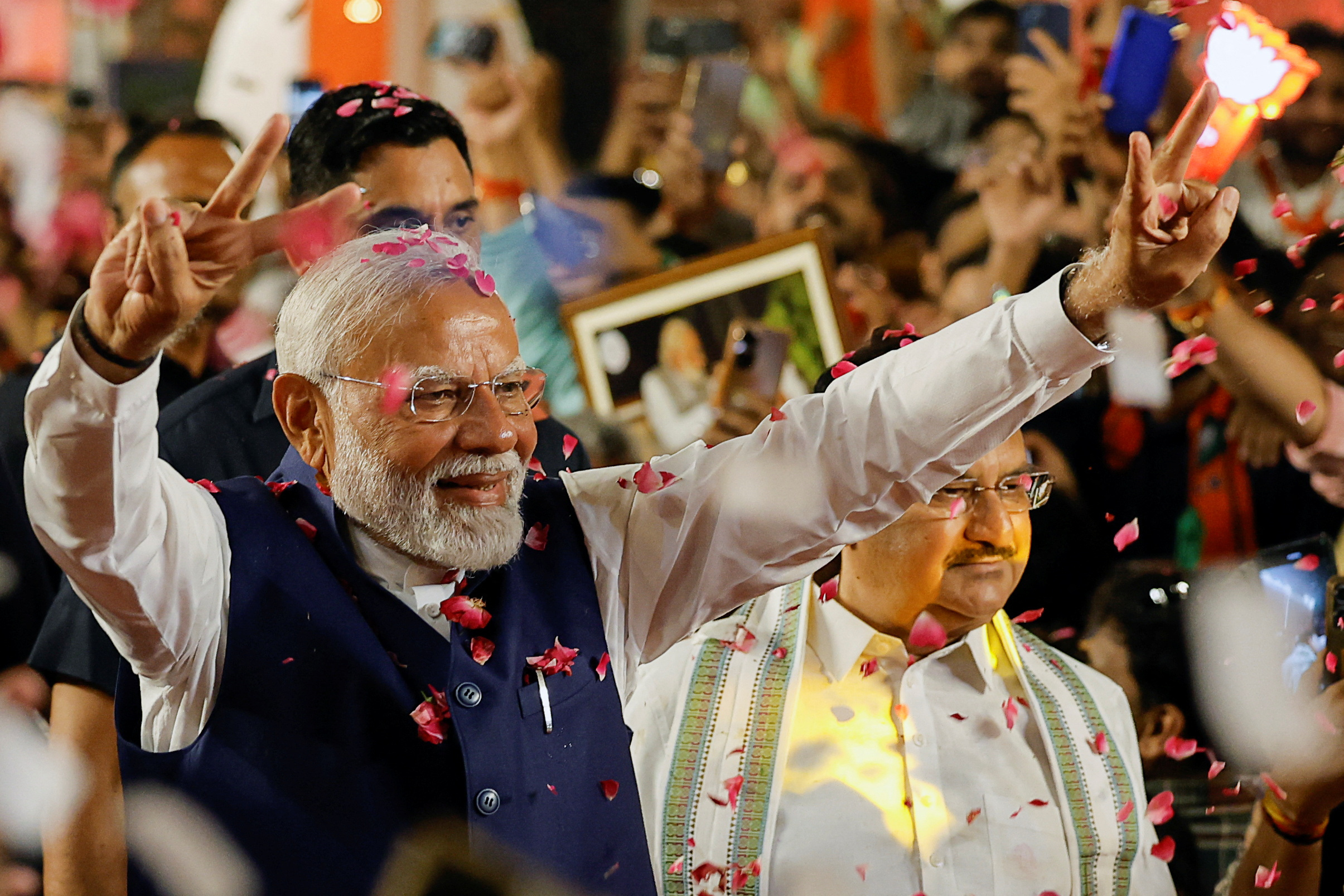Rwanda is a country located in East Africa. Here is some information about the political system in Rwanda:
- Republic: Rwanda operates as a presidential republic, where the President of Rwanda is both the head of state and the head of government.
- Executive Branch: The President of Rwanda is elected by popular vote for a seven-year term and can serve a maximum of two terms. The President appoints the Prime Minister and other members of the Cabinet. The President is responsible for the overall governance of the country, implementation of policies, and representation of Rwanda internationally.
- Legislative Branch: The Parliament of Rwanda is the country’s legislative body and is bicameral, consisting of two chambers:
- Chamber of Deputies: The Chamber of Deputies has 80 members who are elected by popular vote for a five-year term. The Chamber of Deputies is responsible for enacting laws, approving the budget, and exercising legislative powers.
- Senate: The Senate has 26 members. Twelve members are elected by an electoral college, eight members are appointed by the President, four members are elected by the Forum of Political Organizations, and two members represent the youth and the disabled. The Senate reviews and proposes amendments to bills passed by the Chamber of Deputies.
- Political Parties: Rwanda has a dominant political party, the Rwandan Patriotic Front (RPF), which has been in power since the end of the Rwandan Genocide in 1994. Other registered political parties exist in the country, but the RPF has maintained a significant majority in the government.
- Judiciary: The judiciary in Rwanda is independent of the executive and legislative branches. The Supreme Court is the highest judicial authority in the country, responsible for interpreting laws and ensuring the constitutionality of legislation.
- Local Government: Rwanda is divided into provinces, districts, sectors, and cells, each with its own local government structures. Local authorities have certain administrative and governance powers within their jurisdictions.



